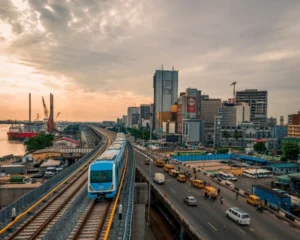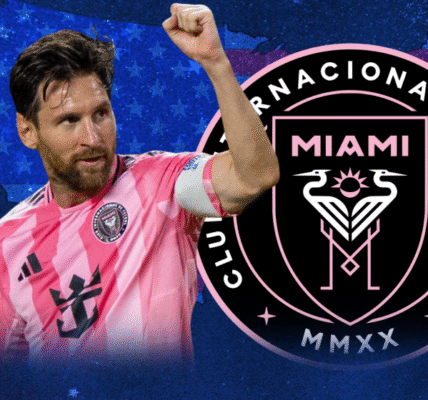Man Accused of Impregnating 13-Year-Old Daughter Faces Fine & Forced Marriage in Cross River Community
Hold on to your seats. A deeply disturbing and shocking incident has emerged from Ediba Community in Abi Local Government Area, Cross River State, Nigeria. Reports, brought to light by journalist and activist Agba Jalingo, allege that a man identified only as “Prayer” has fathered a child with his own 13-year-old biological daughter. Eyes Of Lagos reports,
Yes, you read that correctly. A father accused of raping his young daughter. The alleged abuse reportedly occurred while the victim’s mother was separated from “Prayer” and living in Lagos, leaving the young girl in the care of her father in Ediba. Tragically, the consequences of this horrific act have unfolded in a way that has sent shockwaves through the community and beyond.
According to Agba Jalingo’s report, the community elders have proposed a ‘punishment’ for the accused father. But what might you expect for such a heinous crime? Justice? Legal action? Think again. The community allegedly demanded that “Prayer” pay a fine of one hundred and fifty thousand Naira (150,000 Naira) and marry the underage victim as reparation for his “sacrilegious act.”
The Outrage: Fine and Forced Marriage Instead of Justice?
This proposed ‘settlement’ is nothing short of outrageous and deeply concerning. Here’s why:
- Grossly Inadequate: A fine of 150,000 Naira is a pittance compared to the lifelong trauma inflicted upon a 13-year-old child by her own father. It fails to acknowledge the severity of rape and incest.
- Forced Marriage = Re-victimization: The suggestion that the father marry his daughter is horrifying. It doesn’t protect the victim; it traps her in a relationship with her abuser under the guise of marriage. This violates fundamental human rights and international conventions protecting children from abuse and exploitation. Child marriage is illegal in Nigeria under the Child Rights Act.
- Flawed ‘Justice’: While community mediation can be valuable, this proposed ‘punishment’ prioritizes a quick, localized ‘solution’ over the rule of law, the victim’s rights, and public safety. It sends a dangerous message that such crimes can be ‘bought off’ or ‘resolved’ without facing the full force of the law.
Where Does This Leave the Victim?
The immediate and long-term well-being of the 13-year-old girl must be the absolute priority. She has endured an unspeakable violation and now faces the physical and emotional challenges of an unwanted pregnancy. The focus should be on providing her with:
- Medical Care: Essential health services, including safe abortion access (where legal and safe) or prenatal care, and treatment for any injuries.
- Psychological Support: Counseling to help her process the trauma and cope with the aftermath.
- Legal Protection: Ensuring her rights are protected and she is not further victimized.
The Call for Action
This case is a stark reminder that some harmful cultural practices and community ‘solutions’ can perpetuate, rather than prevent, abuse. It underscores the urgent need for:
- Strong Law Enforcement: The police and relevant authorities in Cross River State must investigate these allegations thoroughly and ensure the alleged perpetrator faces prosecution under Nigerian law.
- Child Protection: Agencies like the Department of Social Welfare and NGOs working on child protection need to intervene immediately to support the victim and ensure her safety.
- Public Awareness: Raising awareness about the devastating impact of child sexual abuse, incest, and harmful practices like forced marriage is crucial.
This isn’t just a local issue; it’s a violation of fundamental human rights that demands national attention and action. We cannot allow such horrific acts to be met with paltry fines and arrangements that further harm the victim.
What do you think? Is this an acceptable community ‘punishment,’ or a gross miscarriage of justice? Share your thoughts in the comments below.
If you or someone you know needs help, please reach out to [Link to relevant organization like NAPTIP, a local NGO, or a helpline].







